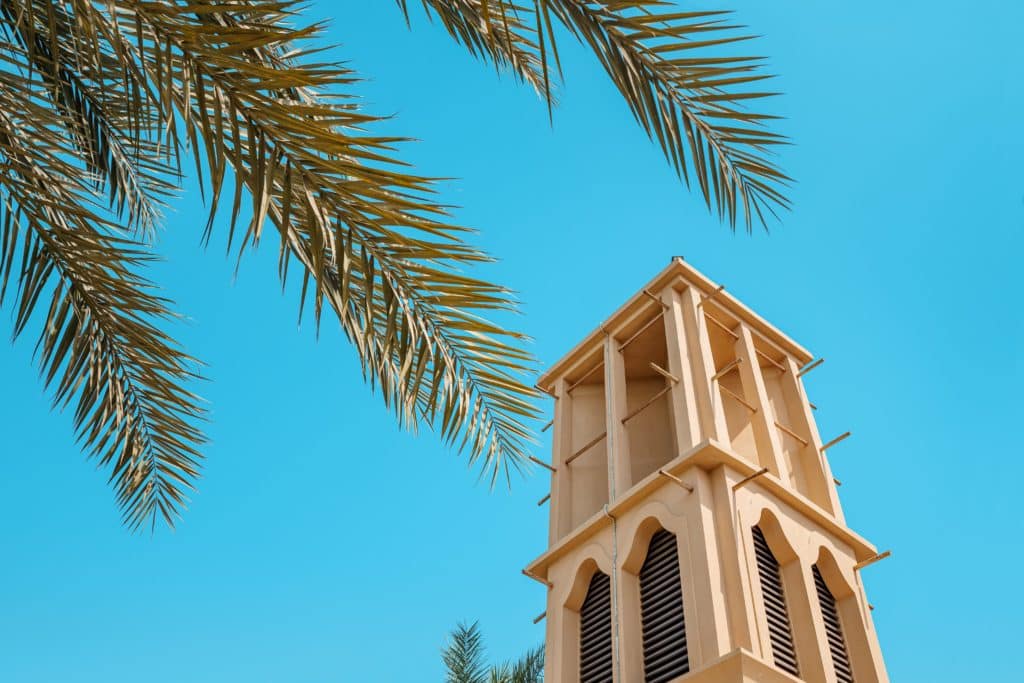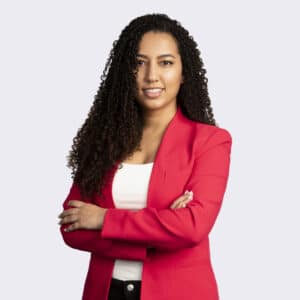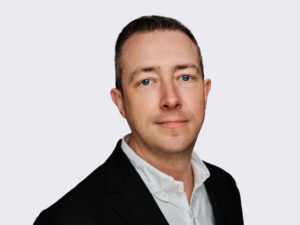An overview of the pharmaceutical industry in the UAE

The UAE pharmaceutical sector appears to be following a path similar to that seen at a regional levels. It is expanding rapidly to meet primarily the evolving needs of a growing population which is expected to reach almost 11.1 million by 2030 according to the world bank projects.
To achieve sustainable growth for this industry the U.A.E. government entities have adopted a series of long-term plans. The Dubai Industrial Strategy 2030 and the Abu Dhabi vision 2030, for instance, consider the pharmaceutical industry as one of the main priority sub sectors to develop due to its future growth prospects, export potential and mid-term to long-term economic impact.
The UAE governments are also focused on minimising their reliance on imported pharmaceuticals. According to data from the UAE Federal Customs Authority, the country is estimated to have imported around 14.9 billion of pharmaceutical products from the world market in 2018, mainly from Germany, USA, France and Switzerland. Therefore, developing the local manufacture of pharmaceutical products is becoming one of the main goals of the government, the ministry of health and legislating authorities. Based on IQVIA Pharmaceutical Market Insights Report, the UAE national pharmaceutical manufacturing industry is led by Julphar Gulf Pharmaceutical Industries which is the largest generic pharmaceutical manufacturer in the Middle East and North Africa followed by Medpharma, Pharmax, Neopharma and Global Pharma who are considered as one of the leading domestic pharmaceutical companies.
The UAE is also focusing on drawing international pharmaceutical companies to establish and expand their presence in the country. In addition to its growing domestic market, the UAE boasts a strategic location and sophisticated logistics infrastructure especially with the recent approval of the Dubai Silk Road, which makes it an ideal hub to access growing regional markets in Africa, Asia, and the Middle East. The UAE has also created several free zones across the country that have become hubs for the pharmaceutical industry for example: Dubai Healthcare City, Dubai Science Park and Jebel Ali Free Zone.



